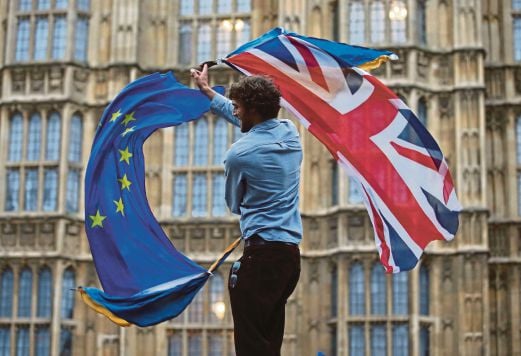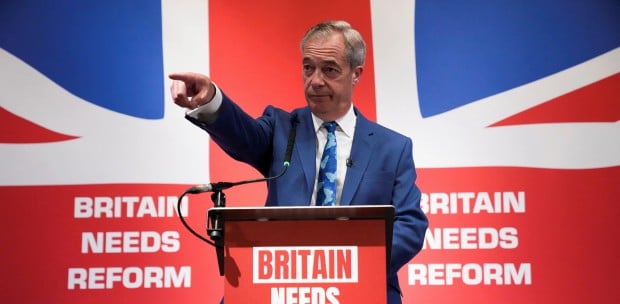WHILE many sat glued in front of their television sets, waiting for the Brexit results to be announced, a friend sent me a text with a photo attached. It was a snapshot of Fox News in the United States, with the headline “UK votes to leave UN”.
As far as gaffes go, this was one of the major ones. But it also got people thinking about what impact the United Kingdom leaving the European Union would have on its role as an international actor, and more specifically in the UN.
The UK has clout in the 193-member august body. Its elite status as one of the Permanent Five members of the UN Security Council sets it apart from other members.
Despite this, the UK is not well-represented in the UN Secretariat. Only one Briton is in the UN’s top management team — Stephen O’Brian, who is the coordinator for the UN’s Humanitarian Affairs and Emergency Relief.
In terms of appointments, the UK has always been seen to occupy the EU quota. With Brexit, perhaps there will be more UK nationals appointed to the international civil service?
The EU’s Lisbon Treaty, which came into force on Dec 1, 2009, placed the high representative of the Union for Foreign Affairs and Security as the spokesperson for the EU’s consolidated foreign policy.
On paper, this meant that the high representative could speak for all the member states of the EU even though she was not a head of state or head of government. It also meant that the high representative could sit on par with other negotiators even though she was not representing a member state.
In reality, the high representative could only speak for the EU if there was enough agreement among the member states to allow the EU to speak as one. “Agreement” in this sense did not mean a majority of member states, but a majority of the member states that had enough weighted votes (the UK being one), to matter.
At the UN, after furious and intense negotiations in 2009, the General Assembly reluctantly allowed the high representative to deliver the EU statement at the same time as the kings, queens and presidents
of UN member states. But, as far negotiations were concerned, there was no provision to allow the high representative or her band of diplomats to sit at the negotiation table and be counted.
In this sense, the UK leaving the EU has no impact whatsoever in the UN negotiations or the order of precedence by which states get to speak at the UN General Assembly.
Financially, the UK, which is also a founding member of the UN, contributes 5.1 per cent of the UN budget. This amounts to some US$140 million (RM563 million) last year, far below the 22 per cent (US$654 million) contribution by the United States. Among the EU members, Germany contributes the most with 7.14 per cent or US$193 million, followed by France at 5.5 per cent or US$151 million.
Since the EU does not contribute as a bloc, the change in the composition of its member states has no effect on the UN budget.
Incidentally, Russia and China, two of the P5 members, contribute 2.43 per cent (US$66 million) and five per cent (US$139 million) respectively to the UN budget. Japan, which is not a permanent member of the Security Council, contributes 10.83 per cent, or US$293 million, and is the second highest contributor behind the US.
Contrary to popular belief, the P5 are not the biggest contributors to the UN budget.
Had the Lisbon Treaty been implemented to the letter, the UK and France would have voted as a bloc, that is, voted together in all things. In 2003, France took an opposite stand from Britain, and would have voted against military action in Iraq. The UK, as we know, was one of the main allies for the US invasion. With Brexit, there is no obligation for the UK to vote with France or the rest of the EU. It is again, master of its own destiny.
Will Brexit affect the UK’s standing in the UN? Perhaps, but not in the way we might think it will.
Leaving the EU will bolster the UK, since it will be independent of the Brussels machinery and decision-making. It is likely, however, that the EU will now fight harder to have Germany accepted as a permanent member of the council. The 22-year-old negotiations on the expansion of the Security Council this year should prove to be, if nothing else, more interesting with Brexit now a reality.
Shazelina Zainul Abidin is attached to the public diplomacy arm of the Foreign Service. She is a research fellow of the University of Sheffield and writes on international affairs





